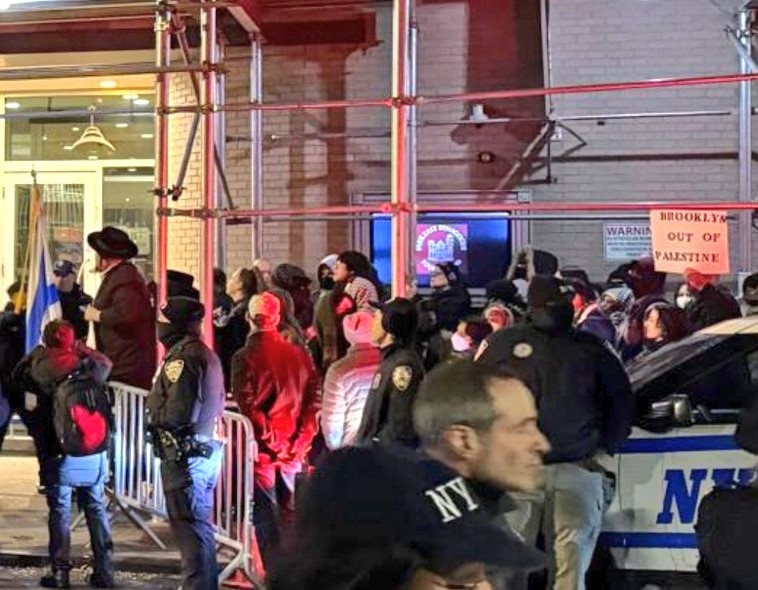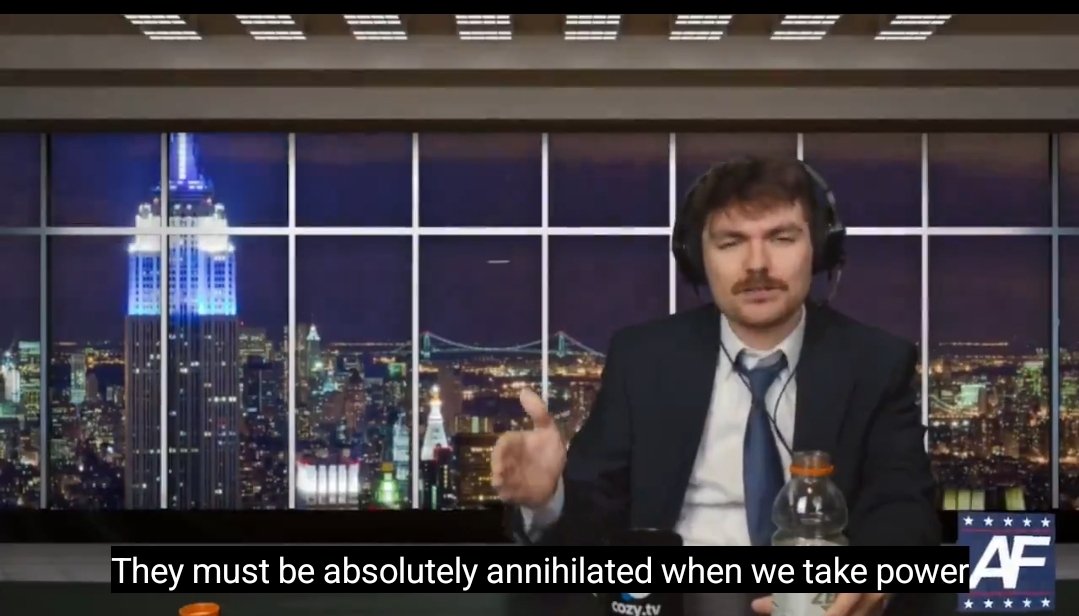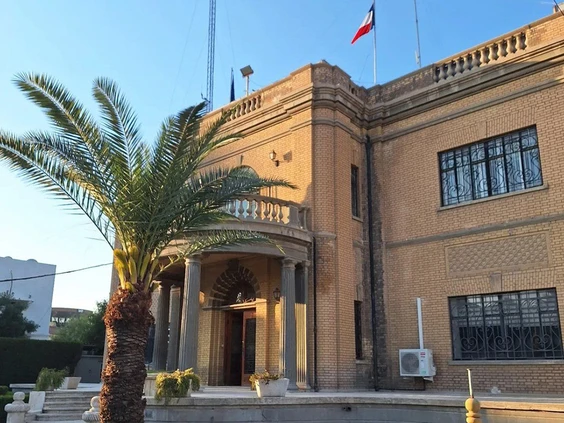By Professor Walter E. Block & Oded J.K. Faran
Here is a bizarre sociological and psychological phenomenon that defies explanation: 150,000 Israelis abroad are rushing, insisting, and making supreme efforts to secure limited spots back to a war zone.
Let this sink in for a moment.
In every other conflict, “evacuation” means removing civilians from dangerous areas, with people making supreme efforts to flee the line of fire. In Israel, we speak of “evacuation to Israel,” meaning arrival into the conflict zone. Israelis are perhaps the only people in the world willing to pay thousands of dollars to return to crossfire.
Logic dictates fleeing from danger. While the rest of the world desperately seeks to escape explosions and sit comfortably outside the battlefield, Israelis desperately seek to return to explosions just to sit comfortably in shelters, like sitting ducks at a shooting range.
The data is clear: most don’t have babies waiting at grandma’s house or emergency family situations. Most aren’t religious with deep spiritual connections to the land and holy sites. For most, the flight costs more than several additional weeks in an Airbnb, and their work productivity will suffer anyway from rising anxiety and frequent shelter visits. Many workplaces have shifted to remote work that’s entirely possible from abroad. They have no guarantee their workplace won’t be classified as “non-essential” or place them on unpaid leave given the circumstances.
Most aren’t operationally necessary to the war effort either. In fact, they constitute a significant net burden on infrastructure and systems, especially if they get hurt or injured.
We have eliminated all the “usual suspects” the media echoes as explanations for this remarkable phenomenon: patriotism, altruism, finances, operational necessity, emergency presence, and messianism.
What remains is something rarely acknowledged and seldom discussed in secular mainstream discourse. It sits at the very foundation of Israeli identity. Every Israeli, to varying degrees, feels it, thinks it, believes in it, and yearns for it, whether indirectly or directly, consciously or subconsciously:
Shared fate.
The need to be “part of it,” even when the “it” may be a terrible, helpless, and horrifying situation—so long as it is shared.
Or in cynical terms—which we prefer—the willingness to absorb suffering, provided the environment absorbs similar suffering, coupled with symmetrical guilt when that environment suffers while we don’t.
This represents a strange and exceptional phenomenon in the global landscape.
We are not here to criticize or praise. We do not know whether it is justified and admirable, or obviously irrational and strange. Call it inspiring or complete insanity.
But there is no denying that, on a conceptual level, the fact that a country under daily deadly attacks experiences record-high demand for incoming flights provokes profound thought and amazement.
Someone will write a doctoral dissertation about this someday.
The Mirror Image: When Nobody Leaves
But there’s another Middle Eastern population movement that demands explanation or rather, a population non-movement. Like Sherlock Holmes’s dog that didn’t bark, we must ask: Why do sao many Gazans say they would never leave?
Logic screams for exodus. Thousands dead (yes, Hamas bears responsibility for using human shields, but save that for another day). Infrastructure destroyed. Future obliterated. Any rational actor would flee. Yet they stay, children and all, in what amounts to an urban battlefield.
Could this be the same “belonging” that drives Israelis home? Perhaps.
But let’s examine a darker possibility: that Hamas’s Gaza represents not a culture of belonging but a culture that values martyrdom over life, grievance over future, and victimization over survival.
One bit of evidence on this score is that, with exceedingly rare exceptions—zero, that is—no Israeli is bringing his small children back with him to the relative danger zone that is now Israel. In sharp contrast, those Gazans are standing pat with their youngsters all around them. At the very least, one would have thought they would try to ship off their babies to stay with relatives in safer parts of the world.
Golda Meir diagnosed this tragedy decades ago: “When peace comes, we will perhaps in time be able to forgive the Arabs for killing our sons, but it will be harder for us to forgive them for having forced us to kill their sons. Peace will come when the Arabs love their children more than they hate us.”
Israelis don’t name streets after those who kidnap or take the lives of children. Israelis don’t pensions to families of suicide bombers. Israel builds bomb shelters; Hamas builds terror tunnels. Israel develops Iron Dome to protect life; Hamas develops rockets to end it. When Israelis die, their families mourn. When Gazans die, their leaders celebrate the propaganda victory.
One culture fetishizes life, desperate to preserve it, even in bunkers. The other fetishizes death, eager to broadcast it for sympathy and rage. Israelis seek peace, prosperity, and the mere privilege of existence. Their Hamas neighbors seek hatred, misery, victimization, and the dark glory of martyrdom
.
Walter E. Block, Ph.D. is the Harold E. Wirth Eminent Scholar Endowed Chair and Professor of Economics at Loyola University, New Orleans.
Oded J.K. Faran holds LL.B. and LL.M. degrees in law from Sha’arei Mishpat College in Israel. He is the General Director of Faran & Co. International Translations Ltd. and lives in Tbilisi, Georgia. He is the author of Jacob’s Ledger, a blog focused on the intersections of economics, law, and geopolitics, aimed at professionals who value clear thinking and grounded analysis.







